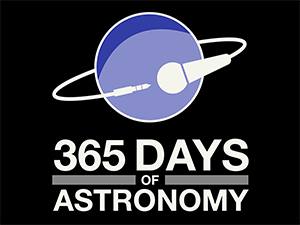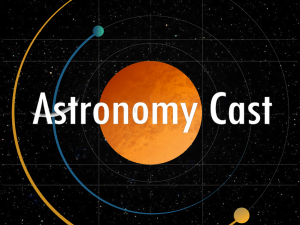
For a while, when we were starting to find extrasolar worlds, it looked like there might be a relationship between a star’s chemical composition and the fact that it had planets. Specifically, our Sun seems to have an atypical deficit of the kind of atoms that go into making planets. The general thinking was these materials ended up going into world-building during our solar system formation and thus are missing from the Sun. If this is how solar systems work, we’d expect to see this trend repeated with other stars that have planets. But, reality needs to be confirmed against expectation.
According to a new paper in the Monthly Notices of the Royal Astronomical Society (MNRAS), it turns out, reality does not match expectations.
A team led by Fan Liu measured the detailed composition of sixteen systems known to have planets and 68 reference stars not yet found to have planets and found that there was no notable difference between the stars with known planets and those not yet found to have planets. Moreover, the stars with planets had a wide range of characteristics showing planets really can form almost anywhere. I say almost, only because all attempts to find them around extremely metal-poor stars in globular clusters have so far failed.
So our Sun is back to being a deeply weird star chemically. One of our base assumptions in science is that we don’t live in a special place or a special time, but apparently our Sun doesn’t care about base assumptions and really wants to be unique.
At this point in our ability to detect extrasolar planets, we cannot detect all the kinds of worlds we see in our solar system around stars like our Sun. It may turn out that stars with as many rocky worlds as we have will generally have weird chemical ratios while those that have a world or two don’t require anything special. We don’t know. It’s annoying. I don’t like not knowing why our Sun is weird, and I look forward to someone figuring this out sooner than later.
More Information
National Centre of Competence in Research PlanetS article
“Detailed chemical compositions of planet-hosting stars – I. Exploration of possible planet signatures,” F Liu et al., 2020 July, Monthly Notices of the Royal Astronomical Society



